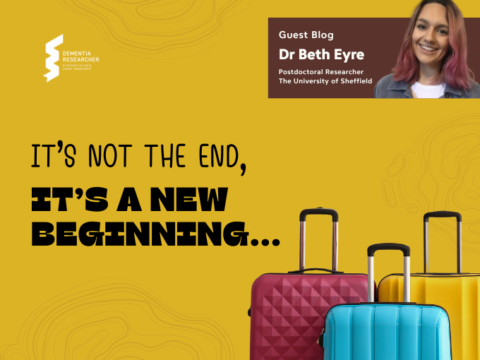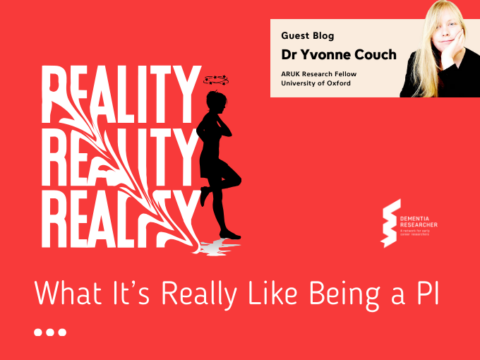
Hobart Waterfront
I’ve attended conferences as a clinician, but last week was my first experience attending as an academic in my newly-adopted home town. How amazing and yet overwhelming! The Australian Dementia Forum (ADF) is an annual event run by the National Health and Medical Research Council’s National Institute for Dementia Research. This year it was held in Hobart, Tasmania, with just over 400 delegates. I’m terrible at reading blogs all the way to the end. So, though I was super-excited to meet the magnificent Professor Carol Brayne and loved the roundtable discussion on the right of people with dementia to rehabilitation, I’ve chosen two main things to share. See if you can stay with me!
Hearing the voices of people living with dementia
The biggest, most wonderful highlight was the contribution made by people living with dementia. I’ve worked in a hospital for most of my career and have had the awful experience of being on committees with token ‘consumers’ who are not given adequate respect or the opportunity to contribute meaningfully. Thankfully, the ADF was different. From plenary speeches to panel discussions to presentations in concurrent sessions, the voices of people with dementia and their families were strong. One presentation that continues to sit heavily with me was by Eileen and Dubhglas Taylor. They reflected on the experience of being a participant in clinical trials and particularly the sense of loss at the end. Although the particular trial was a drug trial, which may carry expectations beyond those in basic clinical care research, it has made me contemplate how I can soften the end point of contact after a study is finished. I can do better.
A touch of imposter syndrome
The overwhelming part was hearing presentation after presentation from highly intelligent, passionate, engaging researchers. As an experienced physiotherapist but newer researcher I found myself worrying about whether I will ever know as much as everyone else! Should I really be working as an academic where everything still feels so new? Should I have stayed in my hospital job where I felt so much more confident? Or should I focus more on the teaching component of my role, which is more familiar, more defined and has clearer pathways to developing expertise? Having had a few days to marinate, the imposter syndrome has settled a little and I am back to feeling inspired. The forum was full of lovely, supportive people. To truly make a difference in dementia research, all kinds of us with all kinds of experience and expertise, are needed.
So, if you find yourself in Australia next year, you may like to consider visiting Adelaide for the Australian Dementia Forum. Or if you are feeling like an imposter at times, know that you are not alone!
Ed: Congratulations on your first blog Katherine – could be the perfect excuse for a trip to Adelaide next year. We recorded a podcast on Impostor Syndrome, have a listen:
Author
Katherine Lawler is a Lecturer in Dementia Studies at the Wicking Dementia Research and Education Centre, University of Tasmania, Australia. Katherine has 20 years experience as a physiotherapist working in the public hospital sector, and has recently come to academic life researching Knowledge and attitudes of allied health clinicians regarding dementia care, family-assisted therapy and modifiable risk factors for dementia.
You can follow Katherine on Twitter Follow @KateLawlerPT

 Print This Post
Print This Post




